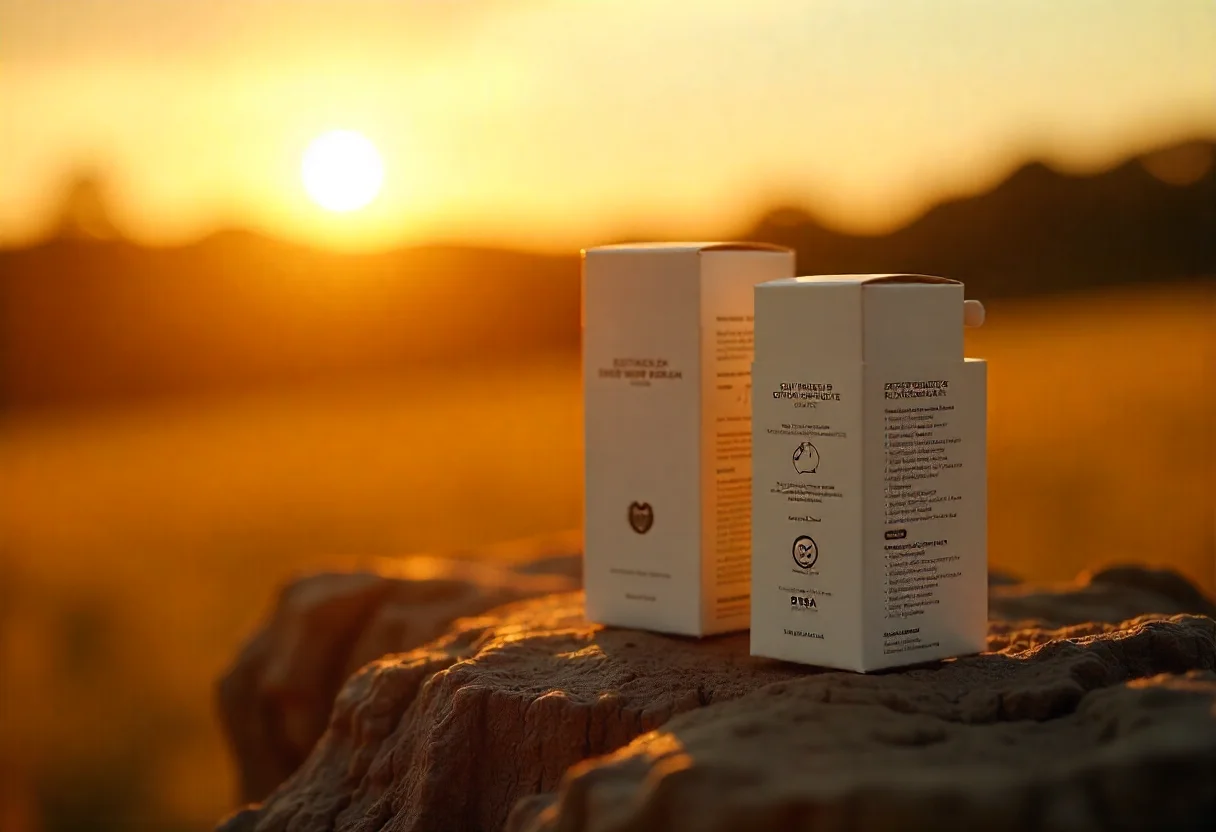"The key to preparing for interviews in the pharmaceutical industry as a recent graduate lies in developing industry knowledge, creating an impressive CV, preparing specifically for the role, and treating every interview as a learning opportunity."

Interview Tips and Tricks for Recent Graduates in the Pharmaceutical Industry
I remember the excitement and anxiety of starting a career in the pharmaceutical industry as a new graduate. The pharmaceutical world was vast and fascinating, full of opportunities and challenges. One of the most daunting challenges was the interview process. I understand the concerns you may be feeling, and I’m here to tell you that you’re not alone. In this article, I’ll share the experiences and strategies I’ve learned from industry experts. While interview processes can be stressful, each interview is an opportunity to learn something new.
Understanding the Pharmaceutical Industry
The pharmaceutical industry is a dynamic and evolving field that offers numerous opportunities for recent graduates. It encompasses a variety of roles, including research and development, medical affairs, pharmacovigilance, sales, and marketing. Having a solid understanding of the industry and staying updated on the latest developments can give you an edge in your interviews. Following industry news and trends helped me connect better with recruiters and demonstrate my passion for the field.
If you’re serious about building a career in the pharmaceutical industry, it’s essential to take every chance to intern during your university years.
Internships during university provide golden opportunities to gain practical experience and understand how the pharmaceutical industry operates. They offer a platform to apply theoretical knowledge, develop essential skills, and build a professional network. Highlighting your internship experiences during interviews can showcase your initiative, dedication, and understanding of the sector.
The first rule for starting your interview journey is to have a well-prepared CV.
Creating an Impressive CV: Your Ticket to the Interview
Your CV is often the first impression you make on a potential employer. It’s your opportunity to showcase your skills, experiences, and achievements. When a company opens a position, they typically collect CVs, which are initially reviewed by HR personnel. Since hiring managers can’t interview everyone, HR filters applications based on the CVs. If you’ve applied for many positions but haven’t received any responses, the first thing to evaluate is your CV.
Here's how to craft a strong one:
1. Write a Strong Objective or Summary
Include a brief section at the top of your CV that outlines your career goals and why you’re a great fit for the role. Tailor this section to each job application, emphasizing the skills and experiences most relevant to the position.
2. Highlight Your Internships
List your internships in reverse chronological order. Include the job title, company name, dates of employment, and a brief description of your responsibilities and achievements. Use action verbs and provide detailed explanations of your accomplishments wherever possible.
3. Showcase Your Skills
List the skills most relevant to the job you are applying for. These can be technical skills learned during your internships or soft skills like communication and problem-solving.
4. Include Certifications
Add any certifications or courses you’ve completed that are relevant to the role. Be prepared to discuss the details of your certifications if asked during the interview.
5. Provide References
Include two or three references at the end of your CV. These can be professors, supervisors from your internships, or other professionals who can vouch for your skills and work ethic.
6. Final Check
Proofread your CV carefully for any typos or grammatical errors. Have a mentor, career counselor, or trusted friend review your CV as well.
Remember, your CV should be clear, concise, and tailored to the job you are applying for. By highlighting your most relevant skills and experiences, you’ll increase your chances of landing that all-important interview in the pharmaceutical industry.
Preparing for the Interview: A Detailed Guide
Preparation is the cornerstone of success in any interview, especially in the pharmaceutical industry. Here are detailed steps to help you prepare effectively:
1.Research the Company
Dive deep into the company you’re applying to. Go beyond their website and explore their social media platforms, recent news articles, industry reports, and financial statements (if publicly available). Understanding their mission, vision, values, products, and future plans will allow you to align your responses with the company’s objectives.
2.Understand the Role
Ensure you fully understand the position you’re applying for. Review the job description and identify key skills and qualifications required. Think about how your academic background, skills, and experiences make you a suitable candidate for the role.
3.Anticipate Common Interview Questions
Pharmaceutical industry interviews typically consist of a mix of general, behavioral, and technical questions. General questions might include "Tell me about yourself" or "Why are you interested in this role/company?" Behavioral questions aim to assess your soft skills and may involve scenarios like "Describe a time when you had to solve a complex problem." Technical questions will be specific to the role and the pharmaceutical industry, but as a new graduate, you may not be asked very technical questions. I usually avoid asking technical questions to new graduates unless they claim to have experience in a specific technical area. Instead, I focus on assessing their learning ability.
4.Prepare Your Answers
Use the STAR method (Situation, Task, Action, Result) to structure your answers to behavioral questions. This method allows you to provide concrete examples and demonstrate the impact of your actions.
5.Know Your CV
Be prepared to discuss everything on your CV, from your academic achievements to your completed internships or projects. Be ready to provide more details or discuss the outcomes of the experiences listed.
6.Prepare Questions to Ask
Remember that an interview is a two-way street. Prepare thoughtful questions to ask the interviewer. These could be about the company culture, expectations for the role, or the company’s future plans. This demonstrates your genuine interest in the role and company.
7.Practice
Practice makes perfect. Conduct mock interviews with a friend or family member, or even in front of a mirror. This will help you become more comfortable expressing your thoughts and reduce interview anxiety.
By following these steps, you’ll enter your interview well-prepared and confident. Remember, the goal of an interview is not only to showcase your skills and qualifications but also to demonstrate your enthusiasm for the role and company.
Conclusion
Interviews in the pharmaceutical industry can be challenging, especially for new graduates. However, with the right preparation and mindset, you can turn them into opportunities for growth and success. Remember, every interview is a learning experience. So, even if you don’t get the job, you’ll gain valuable insights that will help you in future interviews.















